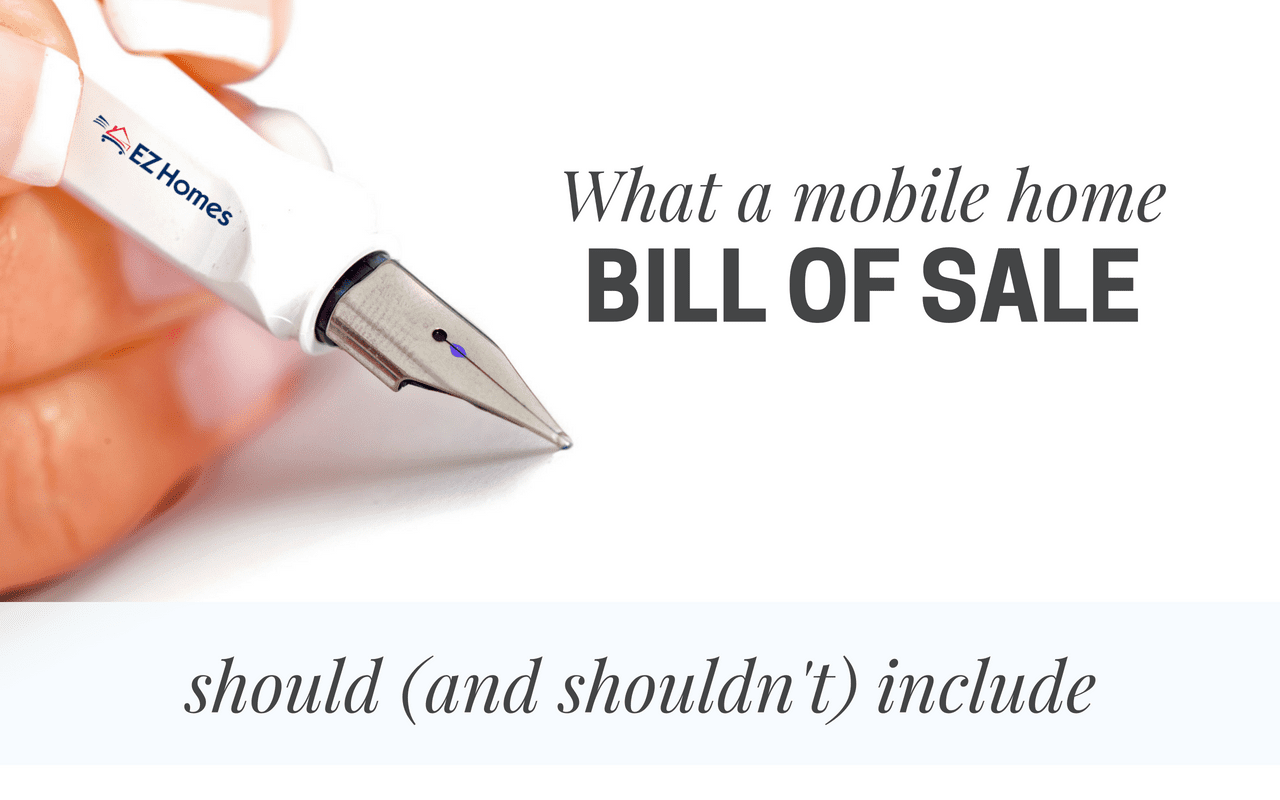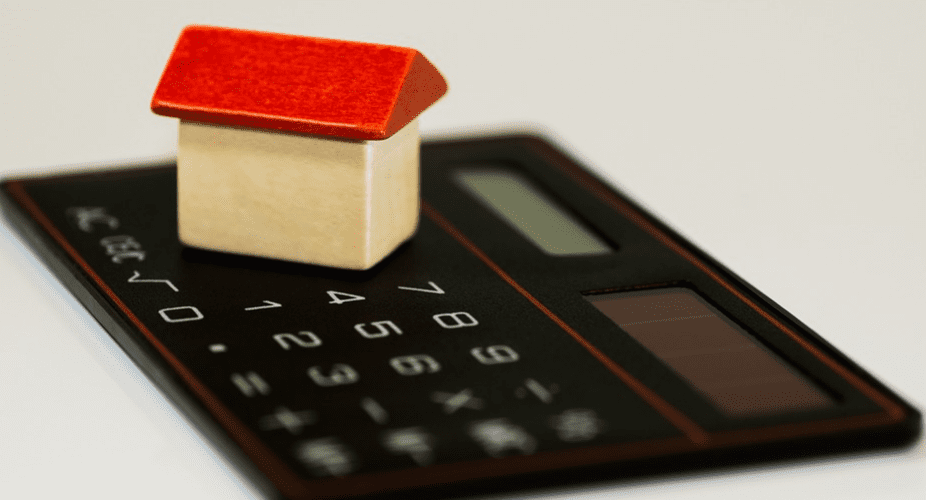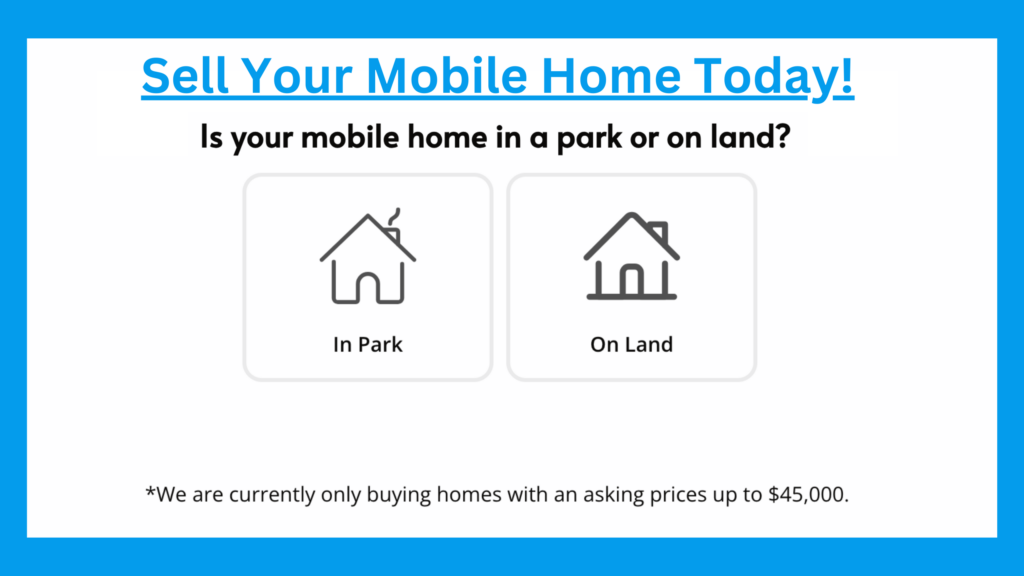Are you in the process of buying or selling a mobile home? If you are like most of us, you probably get a chill down your spine thinking of all the paperwork involved. It can seem so intimidating and confusing to figure out exactly what is needed when and how each document should look.

In this article, we will make the process a bit easier on you by looking more closely at a mobile home bill of sale. one of the most common documents used in this type of transaction.
What is a bill of sale?
If you have ever come in contact with this type of document, it has most likely been as part of the sale of a motor vehicle. A bill of sale is the most common document used to legally and officially transfer ownership of a piece of valuable property. For example, a car in a private sale from the seller to the buyer.
It’s common practice for the seller to present the buyer with a bill of sale. This is especially true if you are buying from a licensed mobile home dealer, realtor, agency or a mobile home park. However, as a buyer, you can protect yourself by bringing your bill of sale just in case. It doesn’t matter who drafts it as long as it contains the most crucial information and both parties sign it.
Why do you need a bill of sale?
No one likes paperwork; instead of that, you might be tempted to skip the bill of sale altogether in favor of a simple handshake. That could be a significant mistake. Many state authorities and legitimate institutions require a bill of sale for some reasons.
It’s not as crucial for the seller as it is for the buyer. To them, it mostly serves to provide proof of income that they can use for taxes or specific tax exemptions placed on the sale of mobile homes. However, for the buyer, it can be an essential document.
Depending on your state, you might need it to complete the transfer of the title and register the house in your name. The local DMV or housing administration could simply turn you away if you don’t have this document. This leaves you unable to pay your property tax or license fees which could land you in hot trouble in the future.
It could also help prove your eligibility to receive tax credits as a buyer.
How to create a bill of sale | What does it include?
The good news is that you don’t have to draft your bill of sale. There are very little variations in most bills of sales even across property types. In other words, it means that almost every mobile home bill of sale follows a standard recipe. You can do a quick Google search and come across hundreds of templates and many pdf versions of free bills of sales to download and use.

However, to make sure that you select a proper template or ensure that your seller provides you with a legal bill of sale, we will go through the “what a bill of sale should (and shouldn’t) include”.
The selling price and payment method
This inclusion is as straightforward as you get. However, it’s still very important that this number is correct. When you register the home at the state authorities, your taxes or applicable vehicle fees will be based on this price. If you file an incorrect number, you could get in trouble with the relevant revenue agency should it come to light.
If you want to be extremely thorough, you can also add the method of payment to the bill of sale. The options are usually a credit card, cash, check or through some form of financing.
Ownership history
The ownership history in a bill of sale helps create an unbroken link from the moment the home was first bought first hand until it ends up in the latest owner’s hands. As a prospective owner, you have the right to know who has lived in the home before you. Moreover, it’s useful to the local authorities or to lenders.
The mobile home identification information
The most important thing that identifies your mobile home is its VIN (Vehicle Identification Number). This number works exactly the same way as it does for vehicles. However, this number is still relevant and important even if you have converted your mobile home to real estate.
Any state should have a database with all the VIN numbers registered in their state. You can contact the local DMV and provide them with the VIN to find out more about home in question’s previous ownership, etc.
The VIN must be physically present somewhere in the home, usually on a data plate. Typical areas you can check include the closet in the master bedroom, near the back door, the chassis near the tow beam, and inside any utility closets or storage.
The characteristics of the mobile home
Aside from the VIN, the bill of sale should include other basic info like the date of manufacture, the model, and make. All of this information should be easy enough to obtain on your own or if you have the VIN. Or by contacting the manufacturer and describing the home.
Some bill of sales also includes the size of the home in square feet, condition, location, and a very short description of the house
Tax deductible items
You will be surprised to learn how many possible home additions can be listed down as tax deductible. This is only really of importance to you if you are the seller in the transaction. Here is a handy mobile home tax deductibles form to give you an idea. Almost any upgrade or addition you made that increased the value of the home can be listed.
This could include a carport, central A/C system, a porch, a shed or outhouse. Expensive appliances like refrigerators or freezers can make the list too. It could even include expensive drapes. Anything that has a palpable effect on the home’s value is acceptable.
The date and location of the transaction
This is also as straightforward as you get. As with almost any official document or an agreement, you need to explicitly name the location where the agreement was signed by all the parties involved. This is usually the home itself but can be pretty much anywhere that you seal the deal, from a coffee shop to the lawyer’s office.
The particulars of the buyer and seller
We probably don’t have to tell you that the document should include the names of both the buyer and the seller. It should also include:

- Basic contact information that includes everything from a telephone number
- Backup number
- Email address
- Living address
- Postal address
- The buyer and sellers respective signatures
You don’t need to add all of these to the bill of sale, but the more, the better.
What should it not include?
A bill of sale is a fairly simple document. It isn’t an intimidating heap of pages. In fact, a typical bill of sale is only one page long. Now that you know exactly what is needed to make a bill of sale complete and valid, here is what it shouldn’t include:
- Financial information: Neither the buyer or the seller needs to provide specific financial information on the bill of sale such as their bank, lender, etc.
- Occupation: You also don’t need to state what occupation you have or your place of work. If it’s a convenient way of being contacted for you, you could include it as a contact method out of your own volition.
- Personal identification: Neither the buyer or seller needs to provide anything other than their name and contact information. That means no race, gender, age or religious affiliation.
- Credit history: Although needed to obtain financing (or even sometimes to become a resident of a park), you don’t need to provide any financial history or credit information.
- Use of the home: Neither the buyer nor the seller needs to disclose how the home has (or, will be) used.
- Familial information: No clarification of your marital status, number of children, etc. is needed for a bill of sale.
How to use a bill of sale
Completing a bill of sale between the buyer and seller of a mobile home is very straightforward, and there is no trick to it.
Agree on the transaction
A bill of sale legally transfers ownership of the property. So, before it’s filled in by either party, both need to be ready for the transaction to continue. That means the seller should be ready to sign over his house and the buyer should be ready to pay for it. There’s no going back after.
Obtain a mobile home bill of sale
As we have mentioned, it doesn’t matter who actually produces the mobile home bill of sale. In most cases, it’s the responsibility of the seller. However, the buyer can just as easily take the initiative. You can obtain a bill of sale from your local DMV, local tax collector or state authorities. Of course, depending on the house’s real estate status. Most of these also distribute the bill of sale online so you can simply download and print it. For example, here is a free mobile/manufactured home bill of sale template provided by the State Of Nevada Department Of Business And Industry Manufactured Housing Division. Here is one provided by the state of California.
Complete mobile home information

The buyer and seller must be together when completing the mobile home bill of sale. The seller should complete the section pertaining to the mobile home first. This includes the identification information as well as a description of the mobile home, tax deductibles, and the seller’s information.
Fill in buyer information
Now the buyer can fill in his particulars on the form. This completes all the extra information needed for a valid bill of sale.
Complete the final section together
It’s time to seal the deal. Both parties should provide their names, the date on which the document is signed, and their signatures.
Submit the bill of sale to local authorities
The buyer and seller should both have copies of the bill of sale for their own purposes. If you aren’t making digital copies, make sure that the information on both is exactly the same.
What other documents do you need?
Although one of the most important, you need more than just a bill of sale to complete a legal mobile home sale. If you aren’t sure about any document, don’t shirk at calling in professional legal help. It pays to be cautious when making big life decisions such as buying or selling a home. Here are some other documents you will probably need:
- Sales contract: A sales contract is a lot like a bill of sale but is used more often when purchasing a home from a business. It includes information like warranties and title transfers as well as how to resolve disputes.
- Lease agreement: If you buy a mobile home in a park (even from an individual owner), you will also need to undergo a lease agreement with the park you are moving in to.
- Certificate of title: This certificate is another proof of ownership document. It also includes information on any liens still open on the home to ascertain it’s value and ownership.
- Home occupancy document: This document is only needed in some states, like California. It states that the home is fit and safe to live in.
It may take time, but it’s worth it
We hope that this shows you just how easy and straightforward it is to complete a mobile home bill of sale accurately. It’s little effort for an essential document needed to make the transaction official and going forward for both parties involved. Like with every such transaction, it pays to take a little bit of time and make sure you do it 100% correctly, just in case.
If you want more information to help you buy a mobile home, refer to our article How to Buy a Manufactured Home and Land Together.



